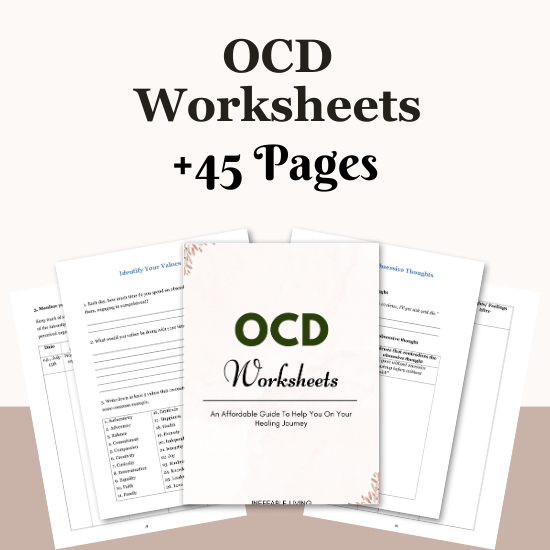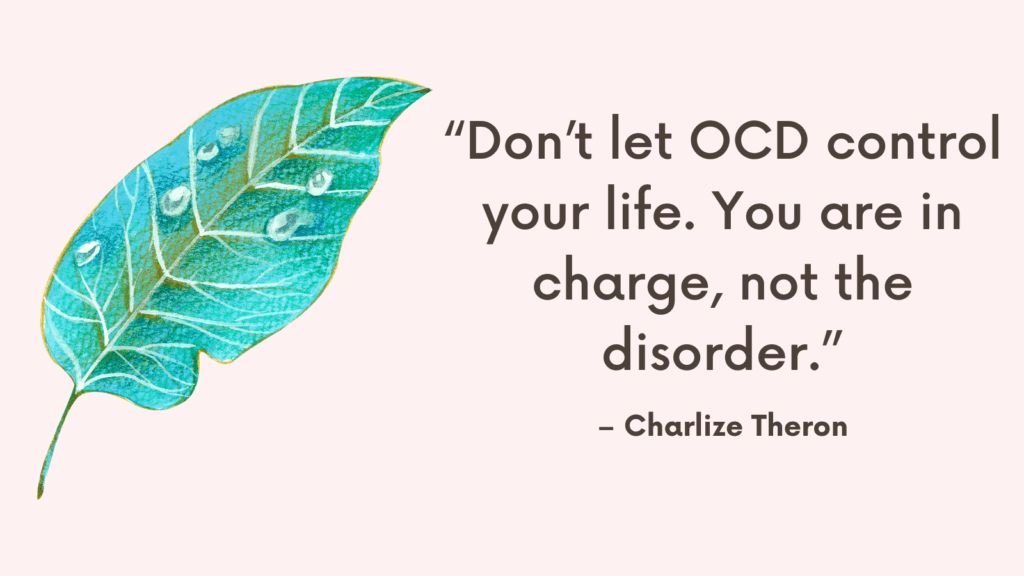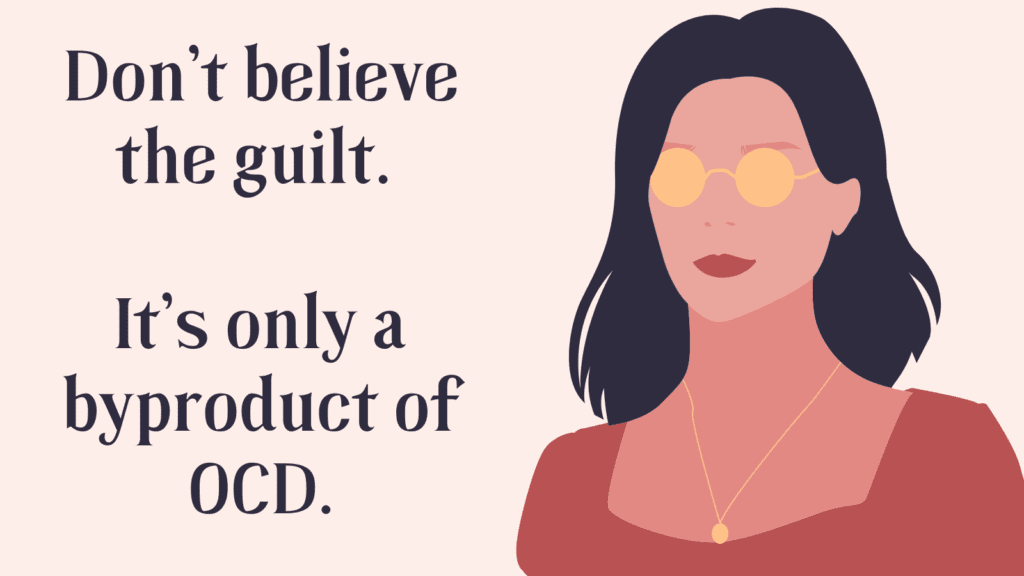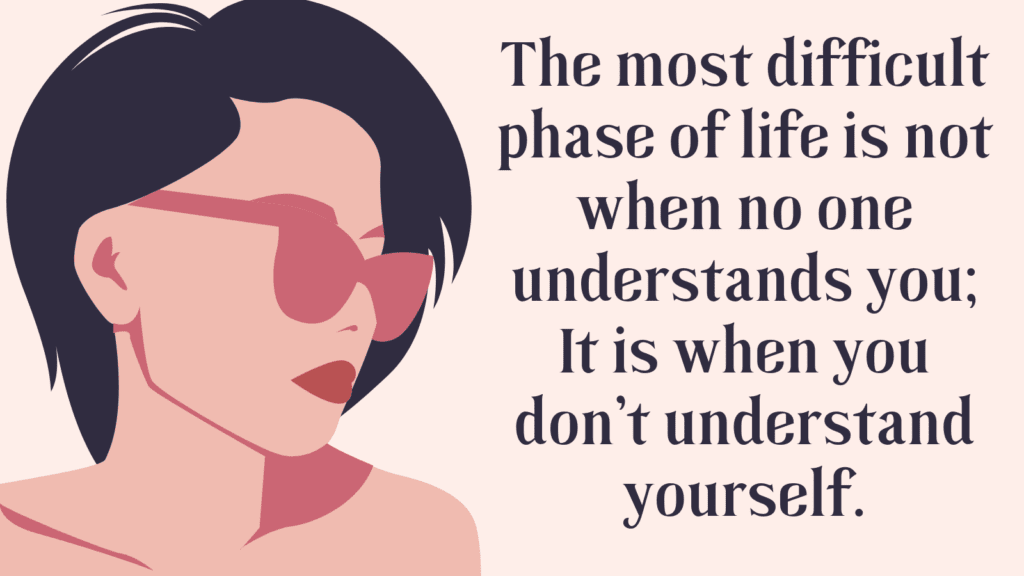Living with Obsessive-Compulsive Disorder (OCD) requires more than short-term fixes—it demands a long-term approach that combines psychological tools, lifestyle support, and deep self-understanding. OCD may not fully go away, but it can become significantly more manageable with sustained care.
Can OCD Be Episodic?
Yes, Obsessive-Compulsive Disorder (OCD) can absolutely be episodic. While OCD is a chronic condition, the intensity and frequency of symptoms often fluctuate over time. Some periods may feel manageable, while others can be overwhelming. These shifts can be confusing—not just to others, but to those living with it. Understanding why OCD symptoms ebb and flow can help reduce self-blame and support better coping.
OCD Exists on a Spectrum
OCD isn’t always loud and visible. Symptoms can range from nearly silent mental compulsions to highly disruptive rituals. Even when it seems “better,” intrusive thoughts may still be running in the background, quietly draining emotional energy.
Life Stress Can Trigger Flare-Ups
Big life changes, increased stress, illness, relationship conflict, or lack of sleep can all amplify OCD symptoms. The brain becomes more sensitive to threat, and intrusive thoughts may feel harder to dismiss.
Related: How To Let Go Of OCD? Top 6 Powerful Strategies to Treat OCD Using CBT (+FREE OCD Resources)
Some Seasons Are Quieter—But Not “Cured”
During periods of stability, OCD symptoms may fade into the background. This doesn’t mean the disorder is gone—it means your brain is better regulated at that time. With support and self-care, many people experience long stretches of relative calm.
Avoidance and Reassurance May Mask Symptoms
Sometimes OCD looks “dormant” when a person is unknowingly avoiding triggers or relying on subtle compulsions for relief. These coping methods can temporarily reduce distress, but they often reinforce the cycle over time.
Hormonal Changes Can Impact Symptoms
For some people, hormonal shifts—during menstruation, pregnancy, postpartum, or menopause—can worsen OCD symptoms. These fluctuations are biological, not a personal failure.
Self-Care and Treatment Can Reduce Intensity
Consistent support—like therapy, medication, mindfulness, and routine—can help lengthen low-symptom periods. The goal isn’t always to eliminate OCD completely, but to reduce how much power it holds over your life.
Related: How To Support A Friend With OCD? 7 Practical Ways You Can Help Someone With OCD
Long-Term Strategies for Managing OCD
1. Commit to Exposure and Response Prevention (ERP) Therapy
ERP is the gold-standard treatment for OCD. It involves gradually facing your obsessions without performing compulsions. Over time, your brain learns that the feared outcome doesn’t happen—or that it can be tolerated.
2. Build a Personalized Relapse Prevention Plan
Create a list of signs that your OCD might be flaring—like increased checking or mental rituals—and outline actions you’ll take in response. Having a plan gives you agency before symptoms escalate.
3. Practice Daily Response Prevention
Even in calm periods, intentionally resist small compulsions. This helps train your brain to tolerate uncertainty and reduce the power OCD holds. Think of it as mental strength training.
Related: Resources For OCD (Information, Podcasts, APPS, TED Talks, Books)
4. Learn to Sit With Uncertainty
The core fear in OCD is often rooted in “What if?” Learning to tolerate the discomfort of not knowing is central to long-term management. Use mantras like:
“I don’t need to be certain to be safe.”
“I can live with doubt.”
5. Build a Support System That Gets It
Surround yourself with people who understand OCD and won’t unintentionally enable your compulsions. A trusted therapist, support group, or informed friend can help you stay accountable and feel seen.
6. Establish a Stable, Grounding Routine
Sleep, nutrition, movement, and downtime all affect brain function. A steady routine reduces vulnerability to anxiety spikes that fuel OCD cycles.
7. Identify and Limit Reassurance Traps
Reassurance feels soothing short-term but feeds the OCD loop. Learn to self-soothe without seeking constant confirmation from others or through checking behaviors.
8. Keep a Mental Health Journal
Track your patterns, triggers, progress, and flare-ups. Noticing trends over time helps you respond proactively rather than reactively.
9. Engage With Creative or Purpose-Driven Outlets
Channeling your focus into art, writing, volunteering, or meaningful work gives your brain something beyond OCD to focus on—and affirms your identity outside of the disorder.
10. Accept That Management Is Ongoing
Long-term recovery means accepting that OCD may show up again—but it doesn’t have to rule you. Each time it returns, you’ll have more tools, strength, and clarity to meet it.
Related: Top 35 OCD Coping Skills

Conclusion
OCD can feel unpredictable—but there’s always meaning beneath the movement. Its episodic nature isn’t a failure of strength or treatment. It’s a reflection of how your mind is responding to your inner and outer world. You are not broken—you’re navigating a complex, living condition with more strength than you know.
You don’t need to eliminate OCD to live freely. You only need to stop obeying it. With sustained care, the volume of OCD gets lower, the space in your life grows wider, and peace becomes more than just possible—it becomes a practice.



